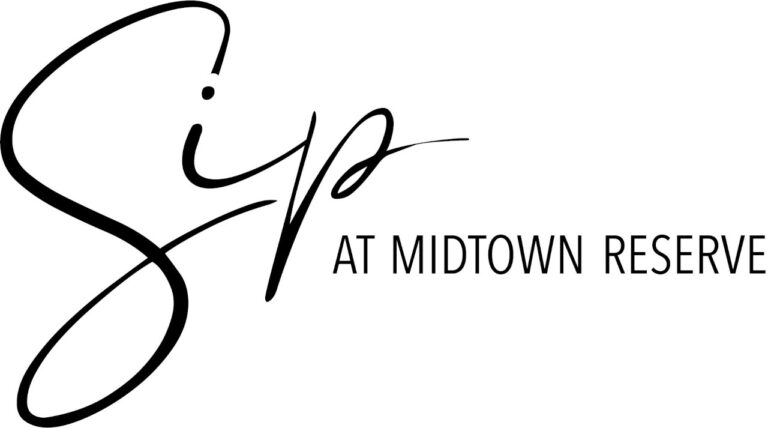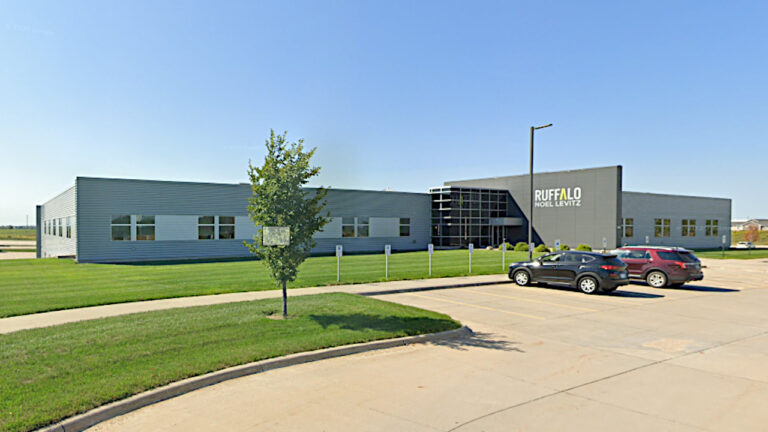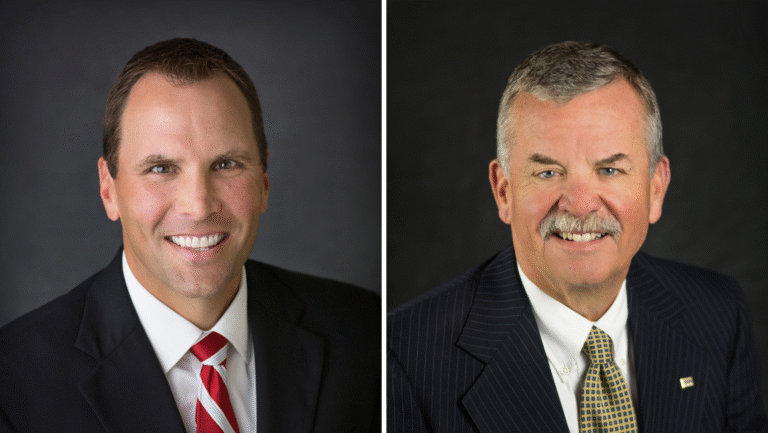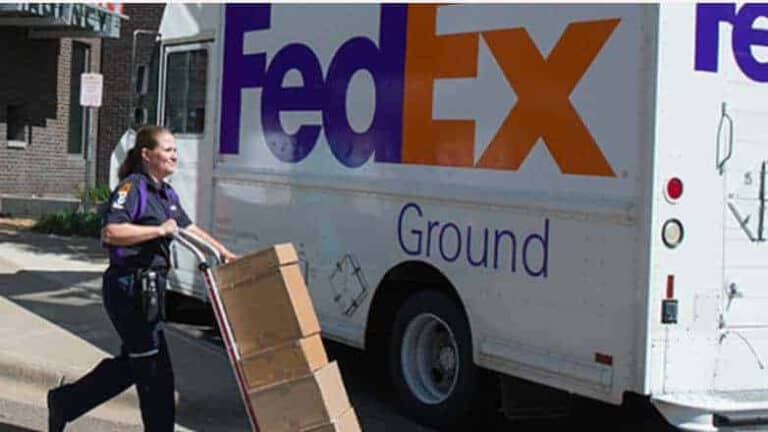Sponsored by MidWestOne Bank, this is the latest edition of the CBJ’s new podcast feature with Nate Kaeding and notable Iowa business and cultural leaders, available first to CBJ members. Listen to this episode below, and subscribe on Spotify, iTunes, Google Play, Stitcher and SoundCloud.
Janet Godwin is the CEO of ACT, the nonprofit learning organization. ACT serves millions of students, job seekers, employers and more around the world with learning resources, assessments and credentials designed to help them succeed beginning in elementary school and throughout their career.
I talk with Janet about how she grew from writing test questions with ACT to serving as CEO, why leaders are only as successful as the teams around them, and how her frustration helped her realize what truly motivated her. Janet also shares her thoughts on how becoming CEO during the height of the COVID-19 pandemic impacted her and the organization.
I learned a lot and I think you will too.
NK: Most of us know ACT for its famous ACT Test, but what else can you tell us about the organization?
JG: We are an organization that helps students plan what their path is after high school. One of the big ways that we do that is through that ACT Test. We also have a number of state and district programs where districts administer the ACT, Pre-ACT or other programs that we have. Again, the goal is really to know where they are and help educators know where students are, whether it is through courses, extracurriculars, internships or different kinds of opportunities high school students can pursue to help students be ready for success after high school. We’re mostly known for that Saturday “make you sweat” test. But we also help students find pathways into community colleges, help students find pathways into credentialing programs, get straight into work, and that’s something I’m really committed to. That we’re here to help all students’ needs, not just students who are planning a college career.
I just got back from a conference in Atlanta where a tutor shared with me letters from a high school that she was working with in Alabama, in a small rural community, and these students had written me personal letters thanking me because the ACT was opening up opportunities for them to get scholarships. One student said, “I have immigrant parents. There’s no way I’d be able to pay for college.”
You’ve had a tremendous 30-year career with ACT, but what were your goals back in college before joining ACT?
I didn’t know. I started off in engineering and physics of all things. I was a math and science geek but, when I actually started, I realized I was a little more social than that. So, I pivoted into English, which is an odd transition, but it has actually really served me well. I did have aspirations of being a novelist. I was just sure I was going to write the best novel on the planet. I may still. I still have time. But what was interesting though, when I was leaving graduate school, was that I had a small student loan, but at the time it felt like a giant burden. So, I’m like, “I’m going to go work at ACT for a couple of years, pay off my student loan, and then follow my path, whatever that might be.” Never in a million years did I imagine that I would fall in love with an organization like ACT.
I was there for a couple of years, paid off my student loan, started getting involved in computer-based testing, got into some of the innovation stuff that we were doing at the time and just fell in love with the people, the mission and working with community colleges. I did a lot of that work for about a decade, including a lot of campus visits, meeting educators and meeting students. We are part of that fabric of education, especially those high school and secondary experiences.
Were you always driven toward career advancement and leadership?
It became apparent to me early on that I was fairly ambitious. With every opportunity that would come up, I would just really go after it. From those early days in test development, I went to work for our first computer-based testing program. From there, I went on my way into research, which is a great experience, and then an opportunity opened in IT. I went over there and worked on developing big systems, and from there went on to operations. I think that’s been one of my learnings throughout my career: Seize an opportunity. Do everything you can to prepare yourself: build strengths, build capabilities, build your experiences, but be open to what comes next. I did not have a linear path by any means, but I was open to every opportunity that came my way and leaned in. It made me nervous, pushing myself beyond what I really knew how to do, but learning is the best thing.
Was there a project or accomplishment in your career that you feel really propelled you forward in your career?
I actually did leave ACT for about a year. I call it my sabbatical. I had gotten frustrated with the pace of change. We’re sort of an education-type institution and the wheels move slowly. I went to work for a small for-profit. It was another educational technology company in the assessment space, and I was the product manager. I traveled a ton to meet customers, which I loved. I kind of managed the road map for the technology team in the UK, so I got to travel to meet with that group. But it was transformational for me because I missed the mission. The motivation and mindset was really different. I liked what I did, but the motivation wasn’t there for me, and so it helped me understand that what makes me tick is doing good. I needed to work in an environment where that was why we get up every day.
How would you define the anchors or pillars of your leadership strategy and approach, and how have you built those over time?
I learned fairly early on that there is absolutely no way any leader can make all of the right decisions themselves. You just don’t know enough. So, focus on building a team of experts around you with a culture that is cohesive, with defined leadership behaviors that you’re cultivating. Listen to the people closest to the work, and work with a high degree of care and compassion. All of our organizations are full of human beings who have the best intentions. It’s all about servant leadership: listening to the folks closest to the work, making sure your strategy and north star are carefully defined, setting up strategic intent that we were going to go that direction and accomplish these kinds of goals, and then using that framework with some kind of structured planning activities to let the people closest to the work make the decisions.
These are some of the hardest lessons I’ve learned. The team’s doing all of this great planning and they come back to me and say, “You know what? You wanted us to get to this point by that period of time and it’s not going to work.” And I had an autocratic moment where I’m like, “Go back and re-plan,” and “That can’t be right. I know it’s possible.” It was horrible. I look back at that and I cringe that I said these things in front of really, really trusted team members.
What are some leadership moments or challenges you’ve come across in your last two years as CEO?
When I first moved into the role, we just had to take care of basics, right? We had to take care of our team members, external stakeholders and customers. The world was disrupted, as you well know, so the basics needed stabilized, which we did. That gave us a little bit of space to really go back to our core. Why do we exist? Our founding was to open doors by leveling the playing field to create opportunities for all students to demonstrate what they’ve accomplished and to help them find a post-secondary experience that was going to help them be successful. It wasn’t just to be used by the elite schools to be getting the cream of the crop. We are to open doors. We were to create opportunities and level the playing field. So we doubled down on our founding mission.
We do lots of surveys with parents, and that’s the number one thing parents are worried about right now: Affordability. Every parent wants their students to have those experiences, but they also want to know they’re going to be successful and not drop out halfway through, which happens to 50% of students that go to college.
You’ve become the CEO of ACT after a long career. Is this the final chapter, or do you have future endeavors in mind?
I feel like I’m finally now just settling into the role, to be honest. The first two years, we had to take care of basic needs. Now that the basics are all good and we’re looking at strategy, it’s helping me see my role now as more of a thought leader in the industry and working with different departments, governments and other third parties whose mission is to move education forward. So, I’m seeing that I’m able now to have more time to spend on that larger shaping of the education system. That’s actually really exciting for me, personally and professionally, to engage at that level of conversation. From an ACT standpoint, that’s really important for us in what our next two to five years looks like. I’m very excited about the next few years at ACT, so I’m not going anywhere soon. But, longer term, I can’t sit still.
RAPID FIRE QUESTIONS
What profession, other than your current one, would you like to attempt?
A novelist. I want to write books. The best book for me on the planet ever was “100 Years of Solitude” by Gabriel García Márquez. Magical realism. It will blow your mind. It’s amazing.
Any podcasts or TV shows that you’re watching now?
I’m not a huge podcaster and I’m almost embarrassed to admit the one that I’m listening to now: “Crime Junkies.” It is cold case stuff that’s fascinating.
Is there a book that’s had a huge influence or impact on your career?
“The Speed of Trust” is a really good one for me. When you have a culture of trust, you can go fast. It’s powerful. It changes an organization.
What is one element that you need to have for a successful day?
I have to have a good hour and a half of quiet in the morning. I have to have that time to get organized.
In one sentence, how do you define success?
I would say success is clarity, flow, balance and outcomes.







